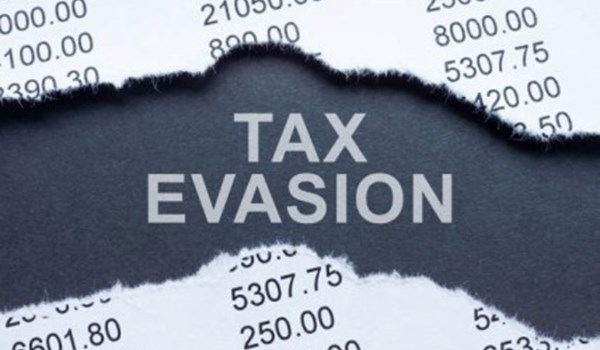Labour MPs have urged Chancellor Rachel Reeves to do “something different” by introducing a new wealth tax rather than making cuts to benefits payments.
Diane Abbott, the Labour MP for Hackney North and Stoke Newington, led the calls for a 2% tax on people with assets worth more than £10 million, claiming such a policy could raise more than £24 billion.
Brian Leishman, the Labour MP for Alloa and Grangemouth, added the public “don’t want cuts, they don’t want austerity” following the Tories but instead want an “annual wealth tax on the very wealthiest in society”.
Treasury minister James Murray suggested Mr Leishman “hasn’t read the budget very carefully” if he believes the Government is imposing austerity.
The Government last month announced a tightening of eligibility for the main disability benefit personal independence payment (Pip) and changes to the sickness element of universal credit.
Ms Reeves also used her spring statement to confirm that universal credit health benefits for new claimants will be halved in 2026 and then frozen until 2030.
An impact assessment estimated a £500 million cut in carers’ benefits by 2029/30, with around 150,000 people not receiving carer’s allowance or the carer element of universal credit as a result of the changes.
Speaking at Treasury questions, Ms Abbott told the Commons: “It’s all very well for the minister to talk about helping people into work, but is he aware of the many millions of people on Pip who rely on that Pip to work and yet it is the Pip that is going to be slashed as a consequence of the spring statement?
“And is he aware also that there are very many people that would prefer the Government rather than balancing its books on some of the poorest and most vulnerable in our society, why is it rejecting a tax of just 2% on people with assets over £10 million, which would raise over £24 billion?”
Mr Murray replied: “At the autumn budget last year the Chancellor announced a series of reforms to fix the public finances in as fair a way as possible, making sure the wealthiest in our society pay their fair share of tax.
“The welfare reforms announced at the spring statement are principled reforms to help get people back into work because work is the best way out of poverty whilst also providing that support for those who need it and making sure the system is sustainable for the future.”
Mr Leishman said: “For 14 years we have seen austerity that has ripped the heart out of communities and then we had a global pandemic where inequality was accelerated, and we still are feeling the effects of a cost-of-living crisis that is making ordinary people poorer.
“The public don’t want cuts, they don’t want austerity, what they do want is an annual wealth tax on the very wealthiest in society.
“Isn’t it time that we had a government that does something different, gives people what they want and is willing to redistribute wealth to the benefit of many in society and improve living standards?”
Mr Murray replied: “I politely suggest to my honourable friend that if he thinks we’re imposing austerity he hasn’t read the budget very carefully.
“There are increases to revenue spending in all departments, across the public spending envelope there is an increase in capital investment, we’re making sure we’re building for the future whilst protecting our fiscal rules.
“And let me be clear, those fiscal rules are not a nice to have addition to the way which we approach the economy, fiscal irresponsibility has a huge cost as we saw under the previous government.”
Labour MP Neil Duncan-Jordan (Poole) earlier told the chamber: “Analysis from a number of disability groups shows that the Pathways to Work green paper will have a detrimental effect on over three million people.
“Polling from Oxfam shows that 77% of the public would rather the UK Government increase taxes on the very richest rather than cut the benefits of the poorest in society.
“Shouldn’t we therefore be looking at raising funds from those with the broadest shoulders?”
Mr Murray reiterated the Government has “made changes to make the tax system fairer and make sure the wealthiest pay their fair share” before again labelling the welfare reforms as “principled”.



